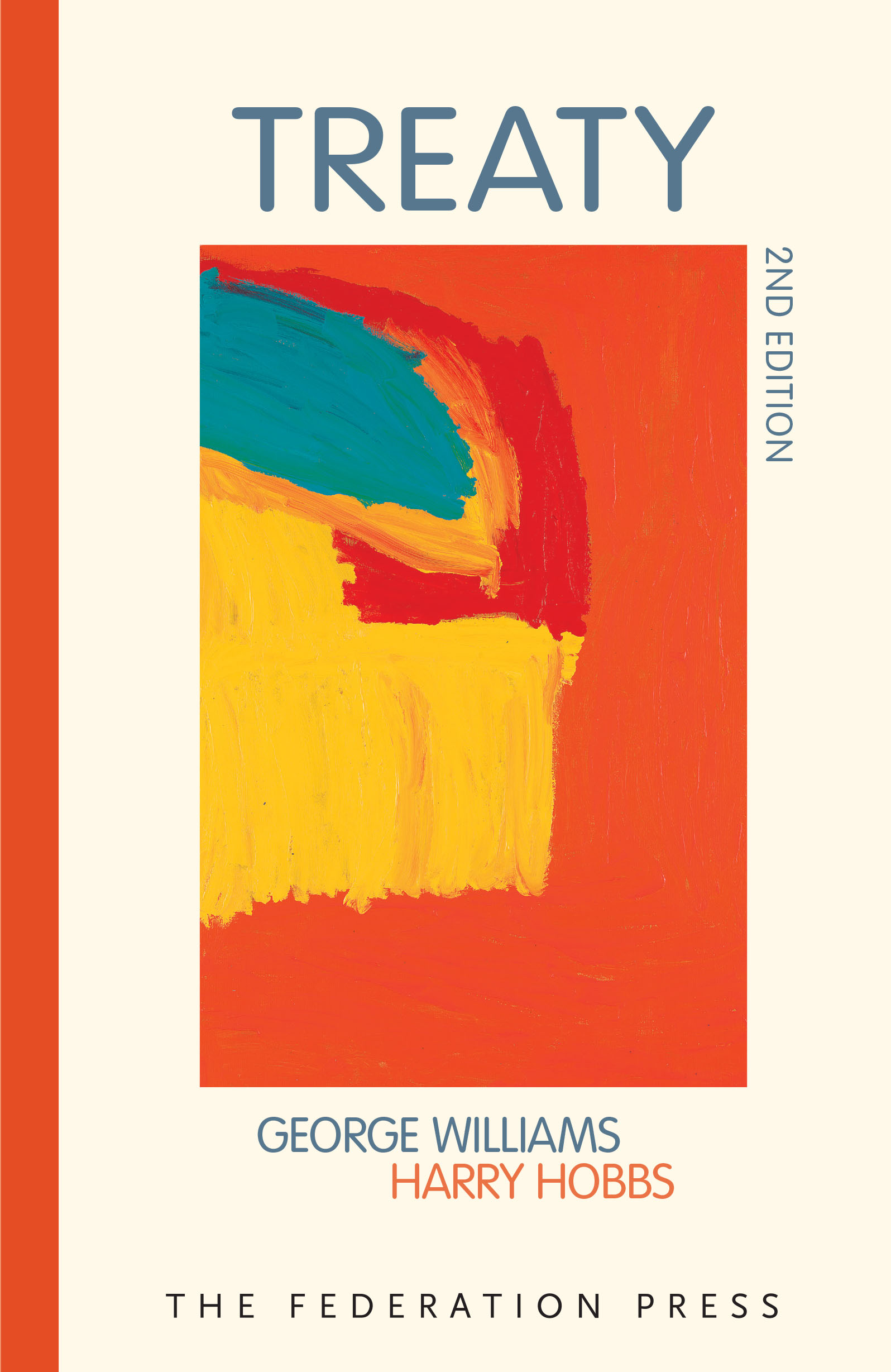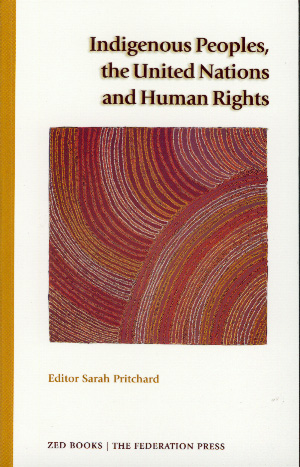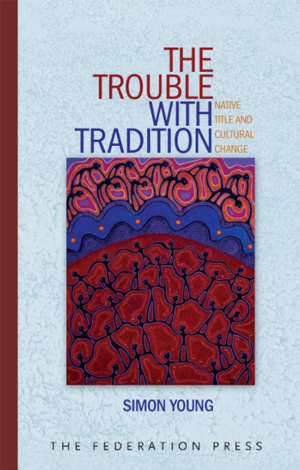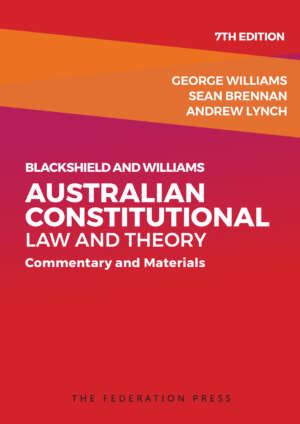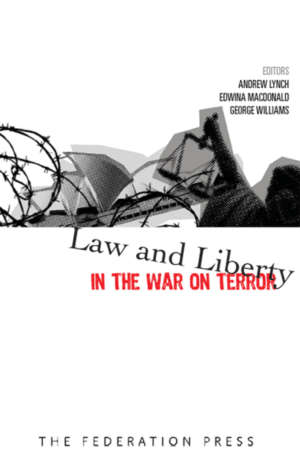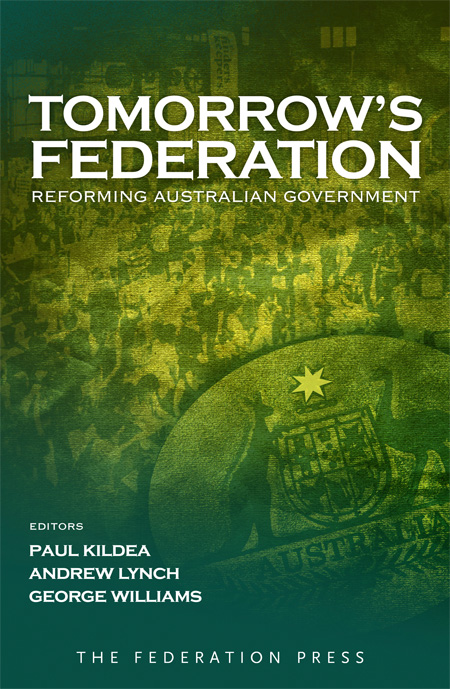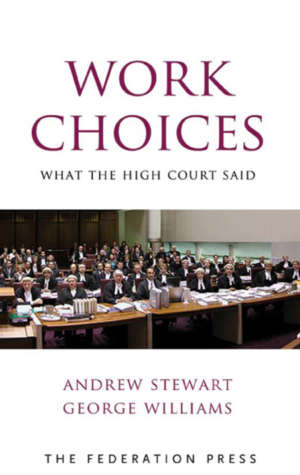Product Description
The leading book on the treaty debate in Australia has been fully revised. This second edition takes a fresh look at modern treaty-making between Indigenous peoples and governments in Australia. Exploring the why, where, and how of treaty, it concludes by offering seven strategies for achieving treaty.
A number of significant developments have occurred since the publication of the first edition. In Australia, key events include the emergence of State and Territory driven treaty processes, the negotiation and finalisation of the Noongar Settlement, and the delivery of the Uluru Statement from the Heart. International and comparative standards also continue to evolve. In 2007, the United Nations General Assembly adopted the Declaration on the Rights of Indigenous Peoples, while Canada and New Zealand continue to negotiate a range of claims involving land and other points of difference.
Treaty presents readers with everything they need to know about treaties, from the basic question of “what is a treaty?” to “how have other countries negotiated treaties?”. It challenges the reader to question whether Australia should go down the treaty path; a path that could lead to political settlements that empower Aboriginal and Torres Strait Islander peoples and address the injustices at the heart of the Australian state.
Foreword
1. What is a treaty?
2. The history of treaty in Australia
3. Treaty at the policy and practical level
4. Indigenous peoples and the law
5. Sovereignty
6. What can we learn from overseas
7. Native title
8. Treaty in the States and Territories
9. Treaty-making in Australia
10. The path forward
Reviews of the previous edition
The whole point of Treaty … is to answer all blanket dismissals and the various nagging anxieties that have dogged the subject of a domestic treaty … While the Prime Minister’s assertion [that “a nation … does not make a treaty with itself”] has the beguiling authority of an apparently ‘self-evident truth’, … Treaty reveals that hundreds of such localised agreements have already been concluded between Indigenous Australians and all kinds of public and private bodies. …
One of Treaty’s great strengths is that it examines closely propositions that appear to lodge issues in ‘dead ends’, opening up the arguments to new ways and creating a spectrum of options whose progress seems stalled.
The resulting optimism is bolstered by evidence of successful agreements made here and overseas with indications of the positive benefits such agreements have effected in the daily lives of the Indigenous signatories.
Aside from the persuasions of the research and analysis they present, the quiet, warm and reasonable tone adopted by the authors is likely to charm readers rather than alienate them; confrontation, moral outrage and blaming are conspicuously absent; uncomfortable facts are presented briskly and with cool detachment.
Law Society Journal (New South Wales), Vol 43(6), July 2005
A careful and considered work, the result of a three-year research project, rather than a fervent outpouring, Treaty carefully marshals the facts and painstakingly explores the arguments. … Treaty does away with the false dichotomy that Australia has a choice between symbolic and what the Federal Government has dubbed “practical reconciliation”. Instead, the authors argue persuasively, we can and should have both, and further, a treaty can serve the dual purpose of being a meaningful gesture and having a material effect.
Lorien Kaye, The Age, 18 June 2005
“This new edition will remain a rich resource for Aboriginal leaders and allies working to advance the rights of our communities.” – Jill Gallagher AO
“Williams and Hobbs remind us of the importance of a national framework treaty or agreement, and how it would allow Indigenous communities and other local, regional, state and territory stakeholders to sign treaties in line with a national minimum standard. Their book is akin to a manual as to why we need treaty and how we do treaty.” – Michael Dodson AM

